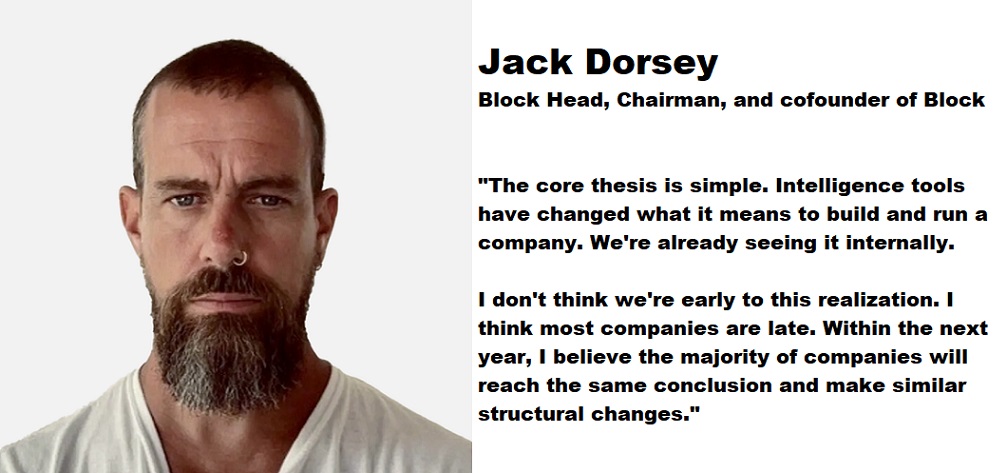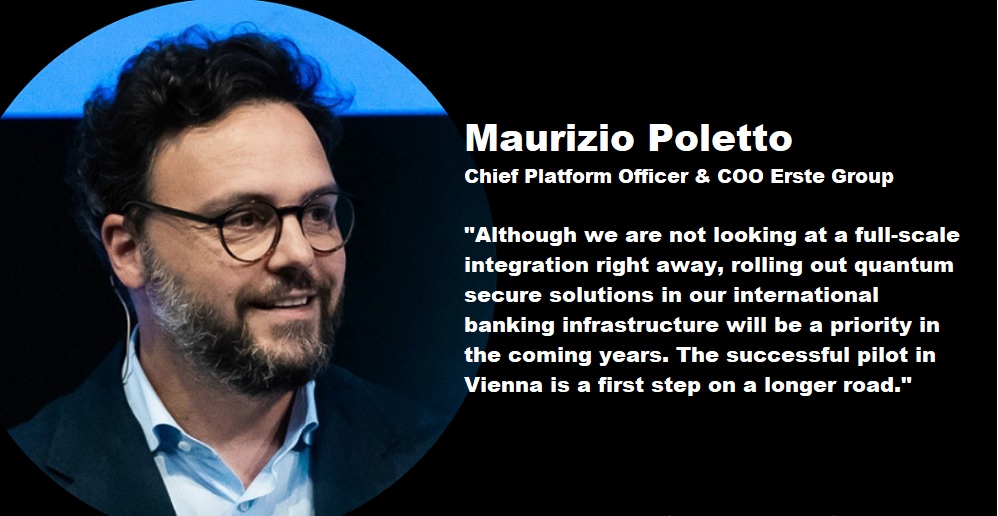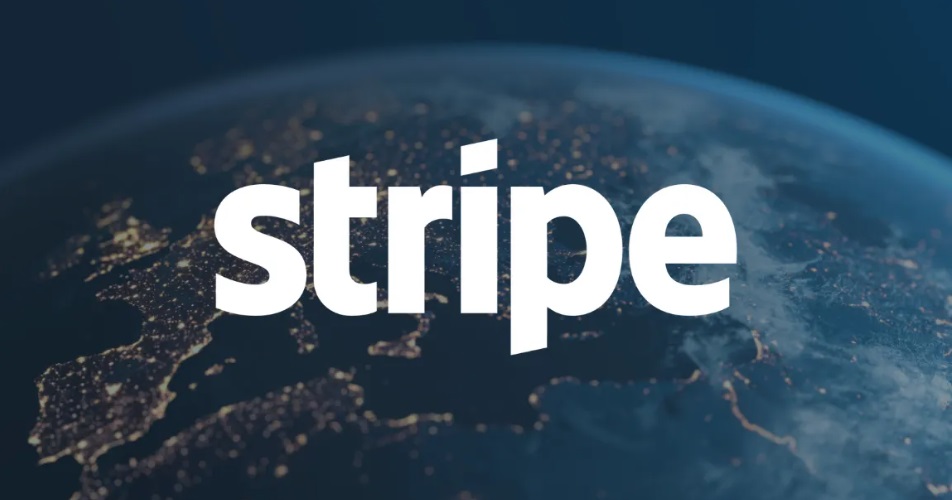Fintech doesn’t need more diversity panels, it needs capital and trust for women

By Adrian Drinceanu, Project Manager RoFintech
Let’s be honest: fintech loves talking about diversity. Panels, hashtags, initiatives, you name it. But on the ground, things aren’t moving fast enough. I’ve seen it in pitch rooms, demo days, and even in investor meetings: the women are there, the capital isn’t.
At RoFintech, we work with founders and innovation hubs across the region. One thing has become painfully obvious: female fintech founders aren’t lacking ambition or innovation, they’re lacking trust, visibility, and funding.
And no amount of well-meaning panels is going to fix that.
We don’t have a pipeline problem. We have a pipeline blockage.
There’s this tired excuse that women don’t apply, or aren’t interested, or that they “just need more mentoring.” I’ve lost count of how many times I’ve heard that. In reality, women-led fintech teams often get questioned harder on risk and traction, while their male counterparts are asked about vision and growth potential.
It’s subtle, but it happens constantly. I’ve sat in meetings where investors nod along to a female founder’s pitch, only to ask “safe” follow-up questions while reserving the bolder, more generous assumptions for male teams.
And this isn’t just anecdotal. The numbers back it up. In 2023, women-only founding teams received just 1% of VC funding in Europe. One percent. If that doesn’t scream systemic bias, I don’t know what does.
The women are already here, they just get overlooked
Forget the narrative that women are trying to break into fintech. They’re already building it.
Take Ana-Maria Georgescu from Romania’s Smart Fintech, the first authorized open banking platform in the country. Or Céline Lazorthes, who founded Leetchi, a group payment platform used by millions. Then there’s María González Manso, whose AI startup Tucuvi is helping hospitals reduce readmissions through virtual nurse technology.
And let’s not overlook Anne Boden, founder of Starling Bank and the visionary behind Engine by Starling, the core banking platform that now powers Romania’s Salt Bank. Or Monica Liikamaa, co-founder and co-CEO (alongside another woman) of Enfuce, a leading European card issuer processor with bold ambitions to reach €10B in ARR by 2035.
These are not feel-good “female founder” stories, token names, they’re serious businesses driving serious innovation. The only reason we’re still talking about them as “exceptions” is because the system keeps underestimating them.
Capital, culture, and concrete change
If fintech wants to be truly innovative, it has to stop playing by old rules. That means doing more than just celebrating women. It means investing in them. Here’s what that looks like:
. Rethink deal sourcing: If your pipeline is mostly male, something’s wrong. Diversify where and how you find startups. Set goals. Measure them.
. Back female-led funds: Women VCs are statistically more likely to fund female founders. If you want different results, fund different gatekeepers.
. Prioritize results, not just representation: Female-led teams often outperform on capital efficiency and risk management. Start paying attention to the metrics that matter.
. Stop hiding behind “we hire based on merit”: That only works if everyone starts from the same line. Spoiler: they don’t.
Enough awareness. Let’s talk accountability.
Inclusion isn’t about having a nice gender split on your speaker lineup. It’s about changing who gets the microphone, who gets funded, and who gets the benefit of the doubt.
Fintech moves fast. We pride ourselves on being ahead of the curve. But when it comes to gender equity, we’re still stuck in legacy-mode.
So here’s my challenge:
If you’re a VC, track your portfolio gender balance, and then do something about it.
If you run a fintech accelerator, make room for founders who didn’t go to the same schools or hang out in the same LinkedIn circles.
If you’re a journalist or ecosystem builder, don’t just spotlight women during March. Feature them for the traction they’re building in July, October, or anytime their metrics warrant it.
This is fintech’s chance to do better
We have the chance to build systems that are smarter, fairer, and more open than traditional finance ever was. But that won’t happen if we keep telling the same safe stories.
Let’s move beyond representation. Let’s talk about redistribution of capital, trust, and opportunity.
Because when women succeed in fintech, it’s not just about diversity. It’s about better products, stronger teams, and ultimately, a more inclusive economy that works for everyone.
The Romanian Fintech Association (RoFintech), founded in January 2020, represents the interests of Romanian startups developing proprietary technological solutions in the financial services sector. The association aims to accelerate digitalization, support access to capital, and enhance the international competitiveness of Romania’s fintech ecosystem.
RoFintech acts as a bridge between the industry and authorities, promoting a regulatory environment that fosters innovation, facilitating strategic partnerships, and actively contributing to the internationalization of its member companies. The institution is a founding member of the European Digital Finance Association and collaborates with key institutions in Romania and the EU to drive the digital transformation of the financial sector.
FINE (Fintech Investor Network & Ecosystem) is an independent platform dedicated to fostering cross-border fintech collaboration, regulatory dialogue, and industry growth across Europe. FINE connects fintech companies, policymakers, and financial institutions to promote best practices, innovation-driven regulatory frameworks, and market expansion opportunities.
Dariusz Mazurkiewicz – CEO at BLIK Polish Payment Standard
Banking 4.0 – „how was the experience for you”
„To be honest I think that Sinaia, your conference, is much better then Davos.”
Many more interesting quotes in the video below:










